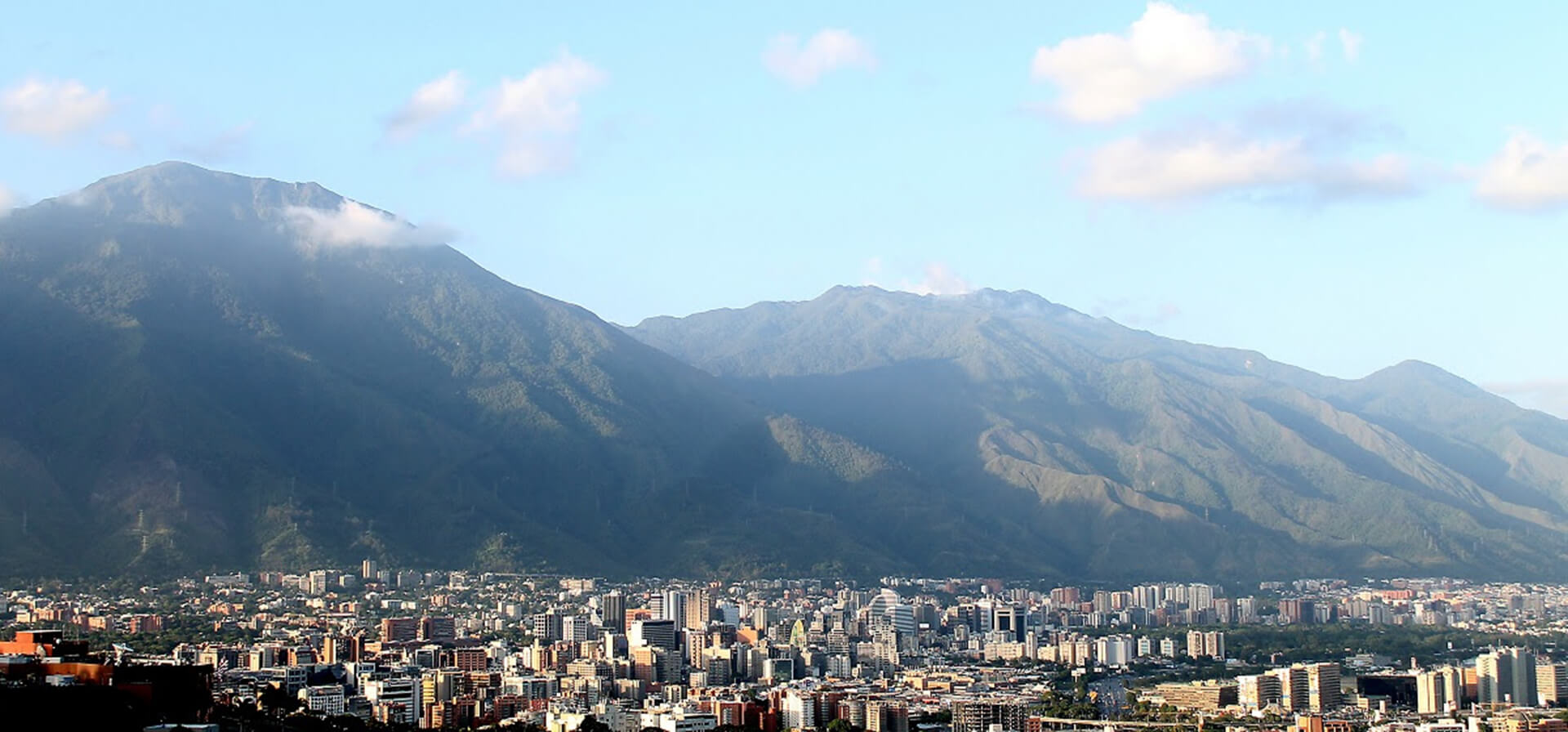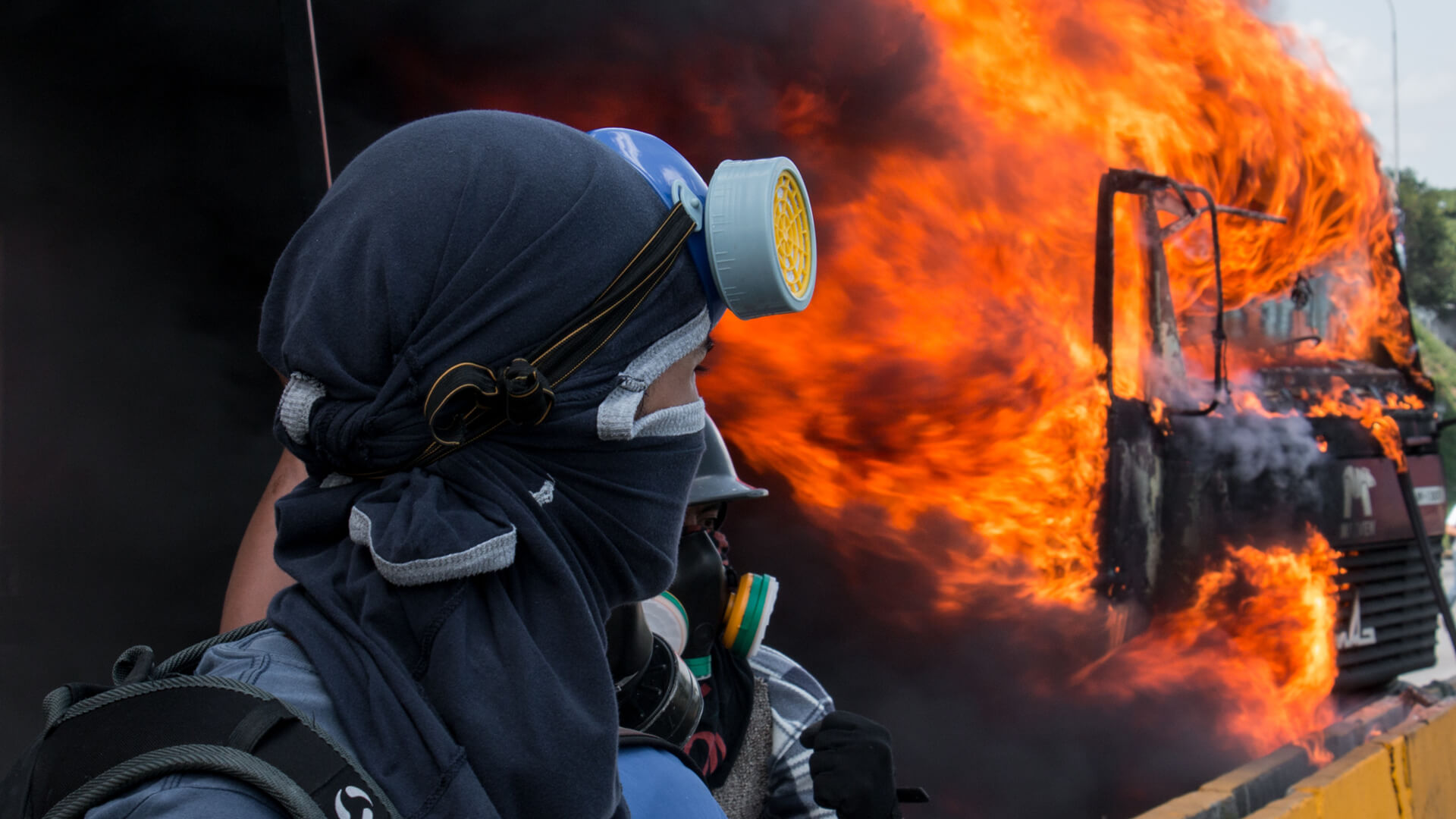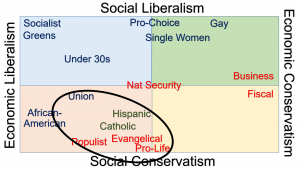On May 15 the U.S. government put Chinese telecoms giant Huawei and nearly all its affiliates and subsidiaries on an export black list, which prohibits American firms from selling them high-tech products. Much has been made of Huawei’s position in global telecoms and the role it might play in Chinese surveillance of, well, everyone. The American decision largely ends the concern.
To this point I’ve tried to stay out of the Huawei battles for a pair of reasons. First, the people who really know what is going on when it comes to global data surveillance either do not talk publicly about it or have a vested interest in lying. In the former camp sits the United States National Security Agency, the institution responsible for monitoring global electronic communications. In the latter is the Chinese intelligence directorate, who would like to monitor global electronic communications.
Some background:
Back in the 1960s, the American government started collaborating with the U.K. government on a global monitoring system known as Echelon, a sort of semi-public codename for the series of satellites, towers, fiber optic taps, server farms and software backdoors that span the planet. Echelon soon expanded to include the Anglophone allies of Canada, Australia and New Zealand, becoming the core of what is known today as the Five Eyes intelligence alliance. Echelon’s original raison d’etre was to battle the Soviets, and in time it found new life in the Global War on Terror. According to informed scuttlebutt, if a communication is transmitted using electrons, Echelon sees it.
Or at least it used to. Telecoms have evolved radically in the past half century. Even before the recent fascination of all parties with encryption, the simple fact the United States is no longer the middleman in all telecoms traffic means Echelon is more a tool of yesterday than today, much less tomorrow. Regardless, the ability to scan, read or listen for key words remains essential to America’s tech-heavy intelligence gathering networks.
Enter the Chinese, who found themselves behind the Americans by several decades, and that before considering China lacks the alliance system to create anything of Echelon’s depth or scale. Beijing’s bid to catch up is Huawei, a massive telecoms firm which produces everything from the fiber optic cables and telecoms towers of the physical internet to the phones and computers needed to connect.
While the internet is an infamously unorganized mass of connections, the modern network has central exchange points where the tributaries of information coming from all over the world become torrential flows. Such “core” systems are what Huawei is after. Control the cores and a spy is wired into everything that passes through it.
Huawei’s corporate strategy – which is to say, the strategy of China’s intelligence services – is to grant massive discounts on the installation of a network’s less critical bits on the condition that Huawei can also install and maintain the cores.
Beyond the not-so-minor technical fact that there are people beyond China who understand how the internet works and so might object to handing over all their communications on principle, the plan has an amusing political flaw. Like nearly all of China’s tech industry, Huawei is not technologically self-sufficient. It remains heavily dependent upon tech imports from none other than the United States. Which is the second reason why I’ve never taken the Huawei talk all that seriously: The Chinese not only expect the world to pay them to monitor global communications, they expect the Americans to enable the scheme.
At first the Americans didn’t take the Huawei plan all that seriously, mostly because it was a seriously stupid plan. Then Huawei had some success using heavy subsidies to convince some countries to install their gear. That generated a diplomatic reaction in Washington. American bureaucrats started warning countries not simply of the dangers they seemed willingly oblivious to, but that any country who used Huawei in their cores could kiss any intelligence sharing with the Americans good-bye.
That was enough to shut Huawei out of New Zealand and Australia outright. (The Brits got cute and accepted Huawei gear for their system’s edges, but not their cores, a smug near-miss which undoubtedly infuriated the Chinese to no end.)
But three things have changed that have sparked stronger action out of the Americans.
First, the transition from fourth- to fifth-generation cellular technology blurs the line between core and non-core systems. Huawei penetration into any part of a cellular system now generates complications and vulnerabilities.
Second, despite the risk of communications exposure, enough countries have decided to proceed with Chinese equipment that the Americans can no longer just let it roll. In particular, China’s targeting of Five Eyes members – most notably Canada – has snapped the Americans to attention.
Third, after seventy years of expressly keeping economic and strategic issues separate in American foreign policy, a more standard intermingling is now occurring – and that puts everything Chinese in the Americans’ crosshairs.
Bilateral trade talks with China more or less collapsed last week. I can’t say I’m shocked. At the talks’ onset the Americans laid out a series of non-negotiable demands including an end to cybertheft, an end to forced tech transfer, an end to the hyper-subsidization of Chinese industry, an end to functional prohibitions on American firms’ access to the Chinese market, granting the Americans the right to impose any investigation at any time on any issue without any consultation complete with the ability to impose any desired punishment on any Chinese economic sector.
The fact the Chinese even began talks with those swords hanging over them indicates just how weak the Chinese knew their hand was. China exports over four times as many goods to the American market as vice versa and China is completely dependent upon American global security commitments for access to raw materials, energy and end markets. There is no modern China without active American involvement.
Last week it became apparent to the lead American trade negotiator – one Robert Lighthizer – that the Chinese were backing off what commitments he had previously convinced them to make. It was Lighthizer’s recommendation to Donald Trump that American tariffs on China be more than doubled May 10. He then put an even bigger set of tariffs in the pipeline to be applied within a few weeks.
The Americans’ Huawei announcement has the feel of Lighthizer’s work: he likes to throw the odd sharp elbow and knows his boss is particularly fond of bold, direct, splashy actions that cut to the heart of the issue.
That issue is pretty straightforward. The Americans may be done managing the world, but that doesn’t mean they are going to help someone else do it – especially someone who doesn’t have a ghost of a chance of pulling off such a feat without deep and active American collaboration. Better instead to put China in its place.
The Chinese, understandably, have proven less than enthusiastic about accepting that message.
So the Americans decided it is easier to simply end China’s global surveillance ambitions by killing Huawei’s international position outright. It isn’t very subtle, and if it doesn’t generate the desired Chinese cave-in in the trade talks it makes me wonder what Lighthizer will take aim at next. I’ve got lots of ideas.
I’m certain Lighthizer has more.















